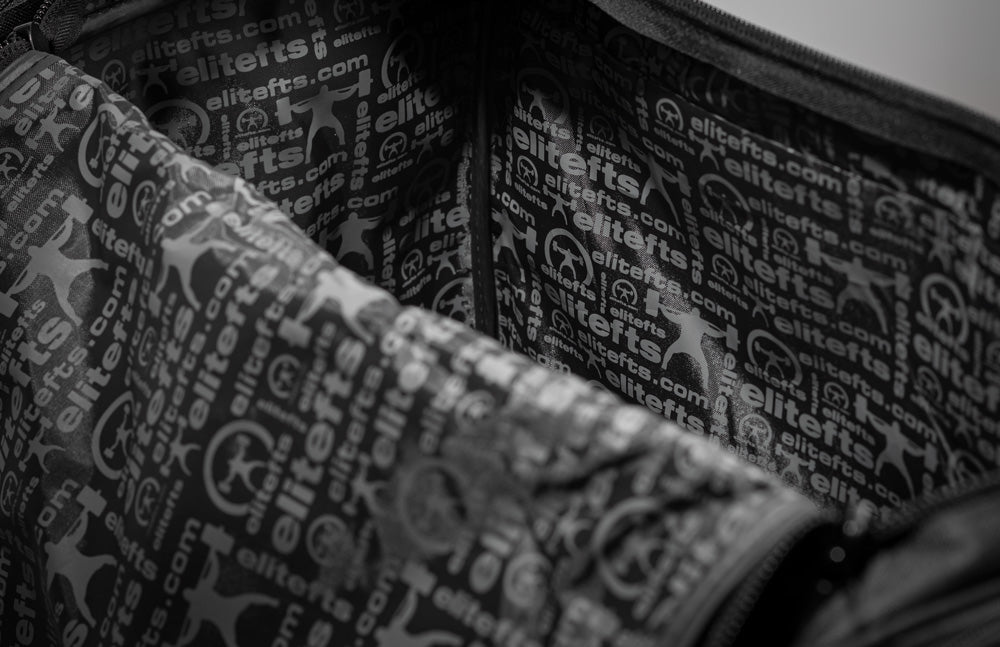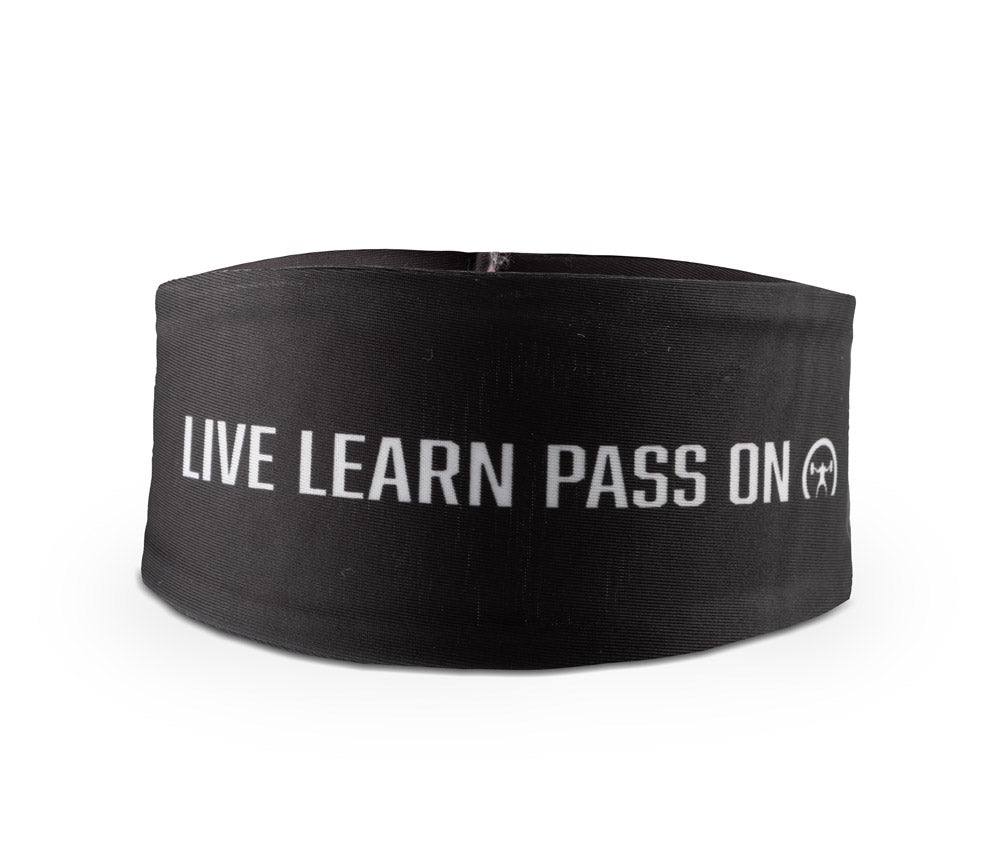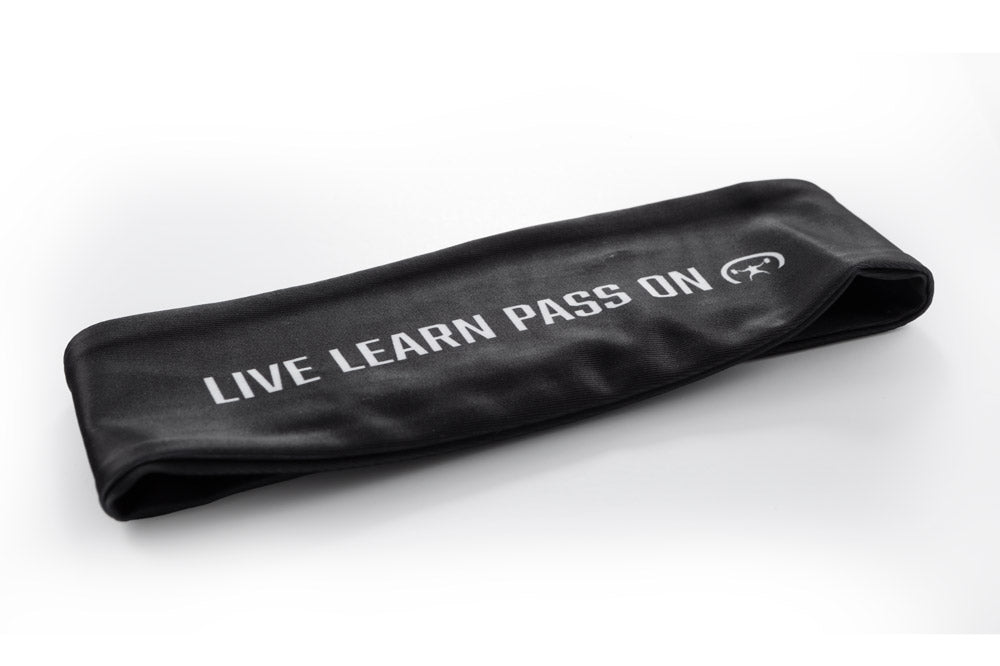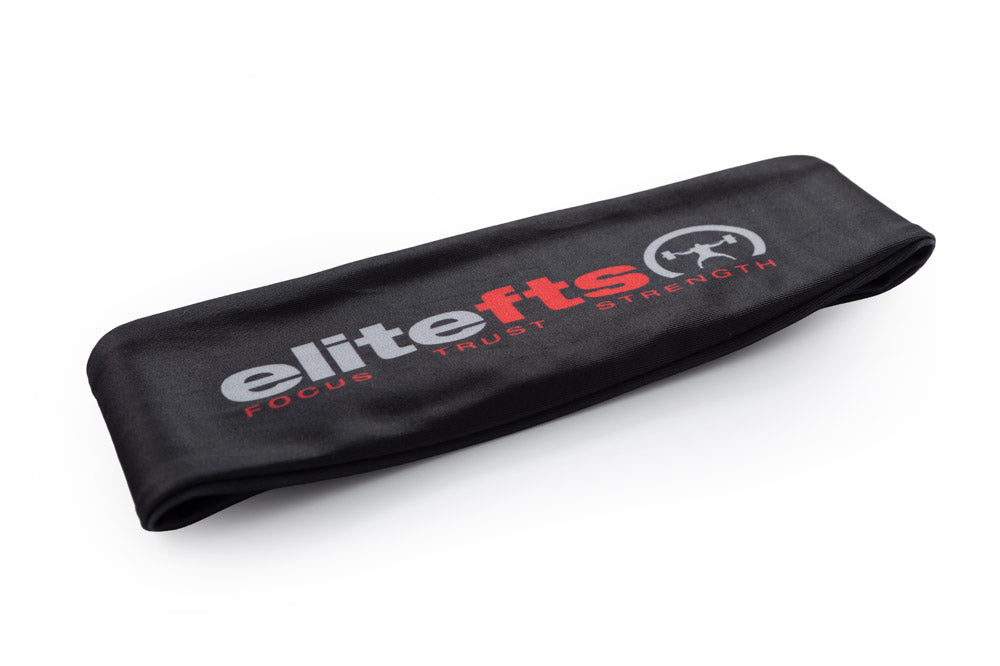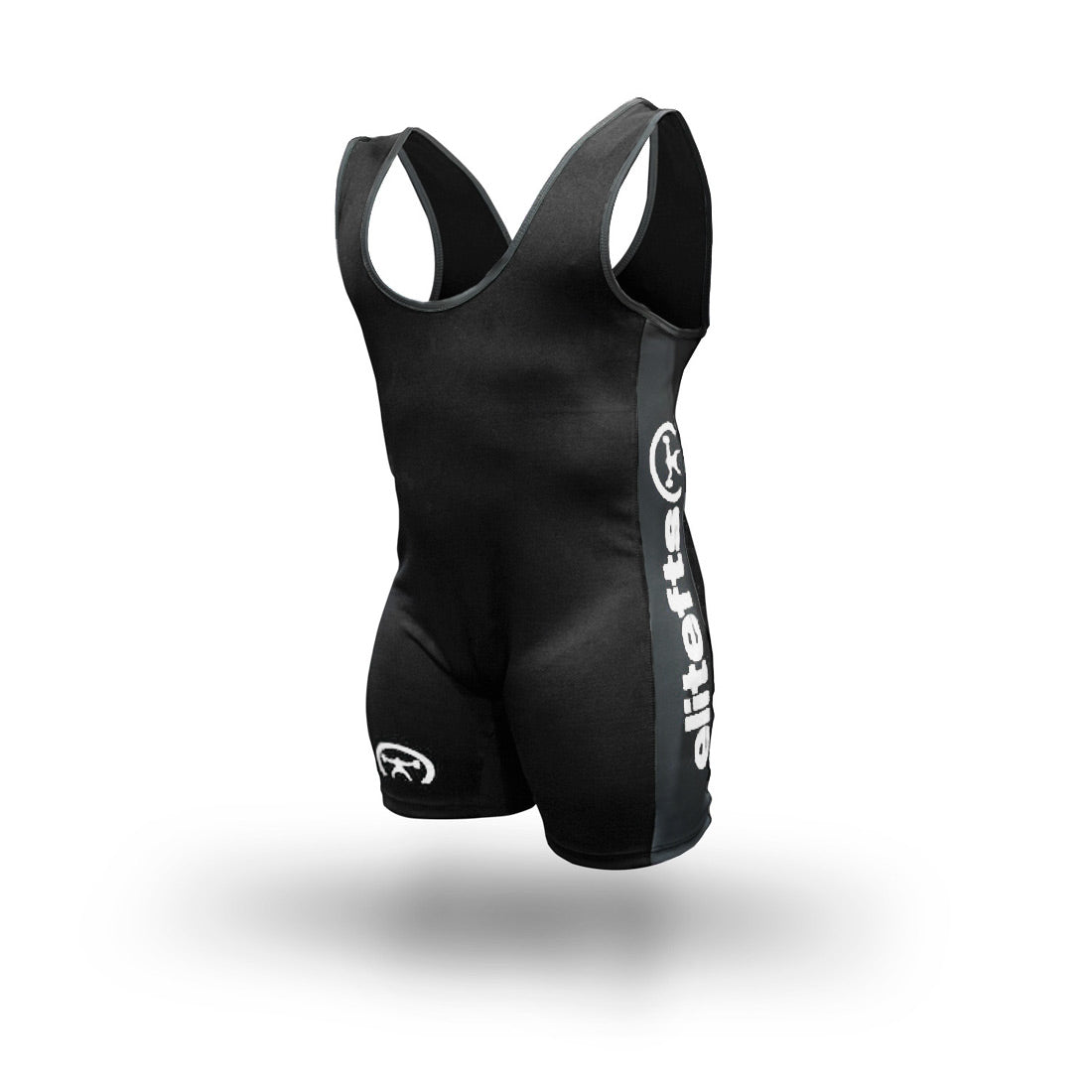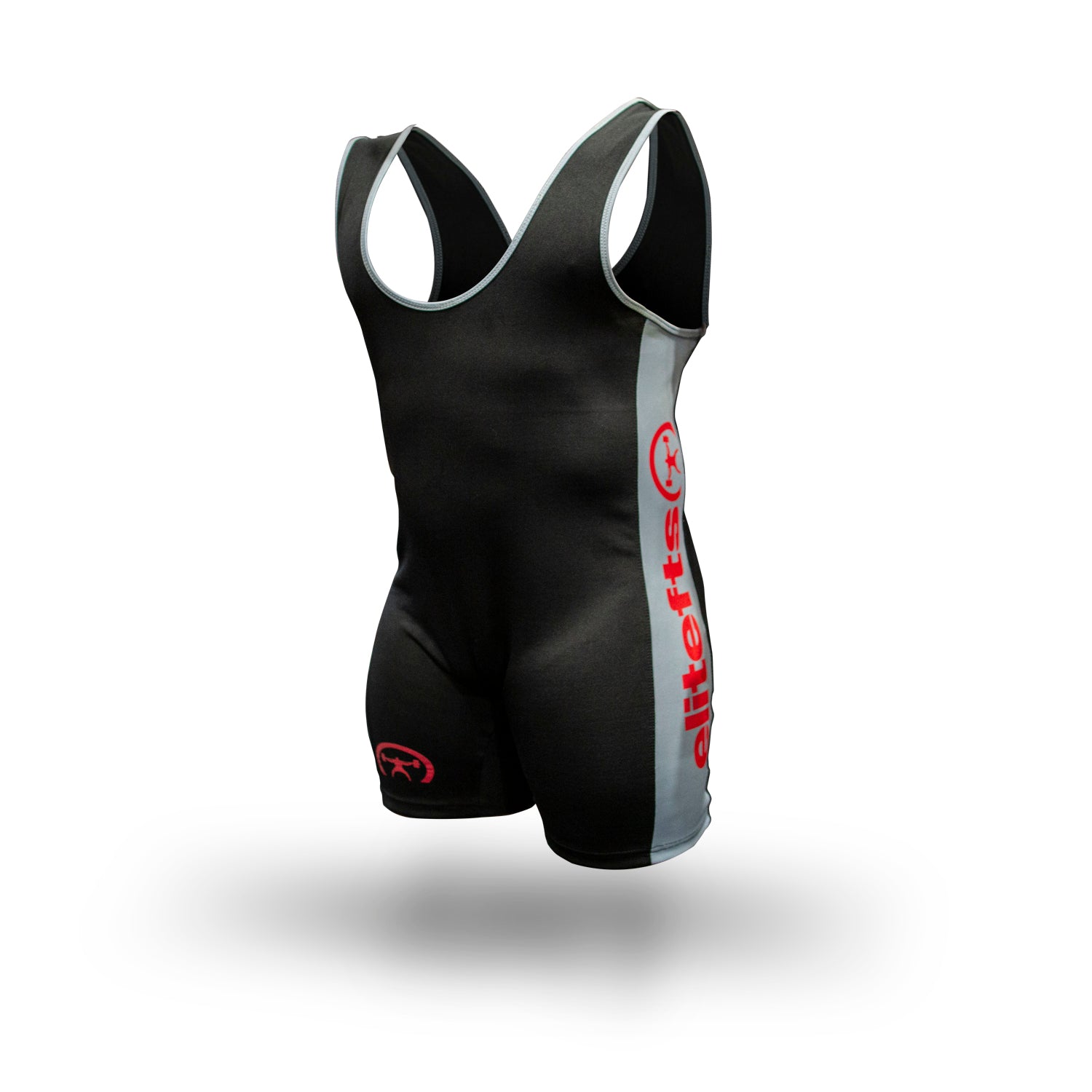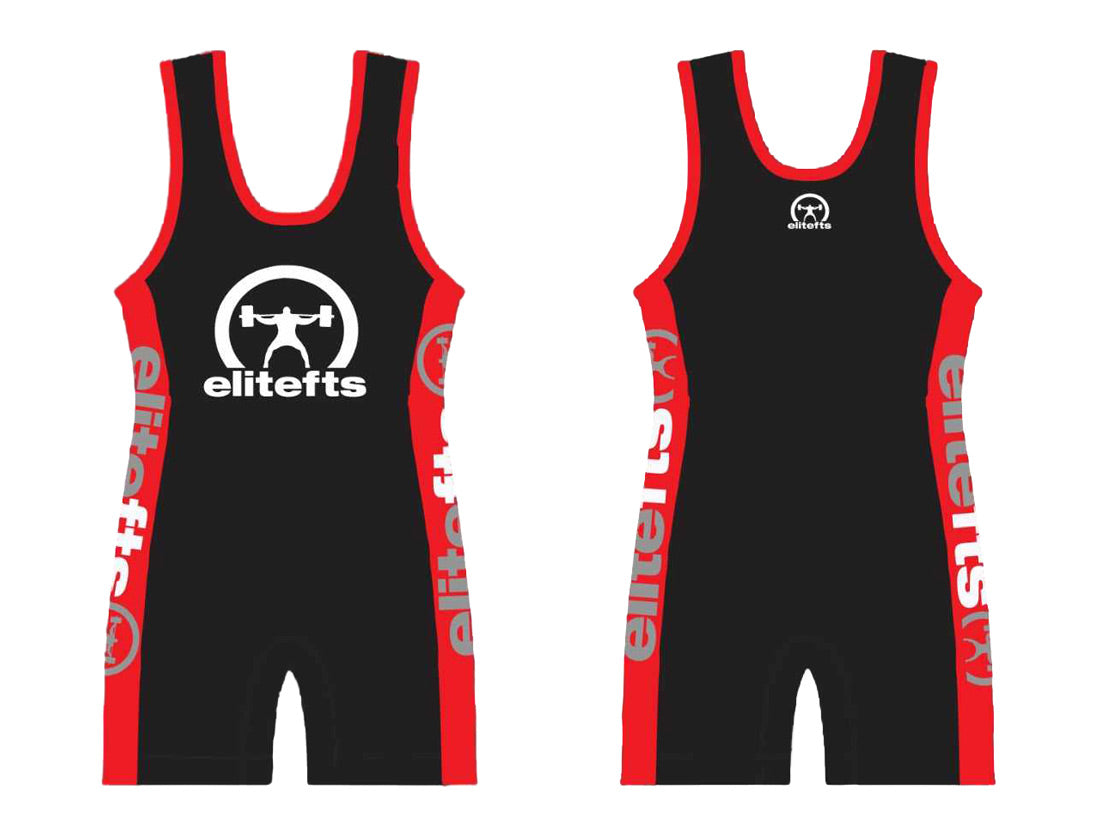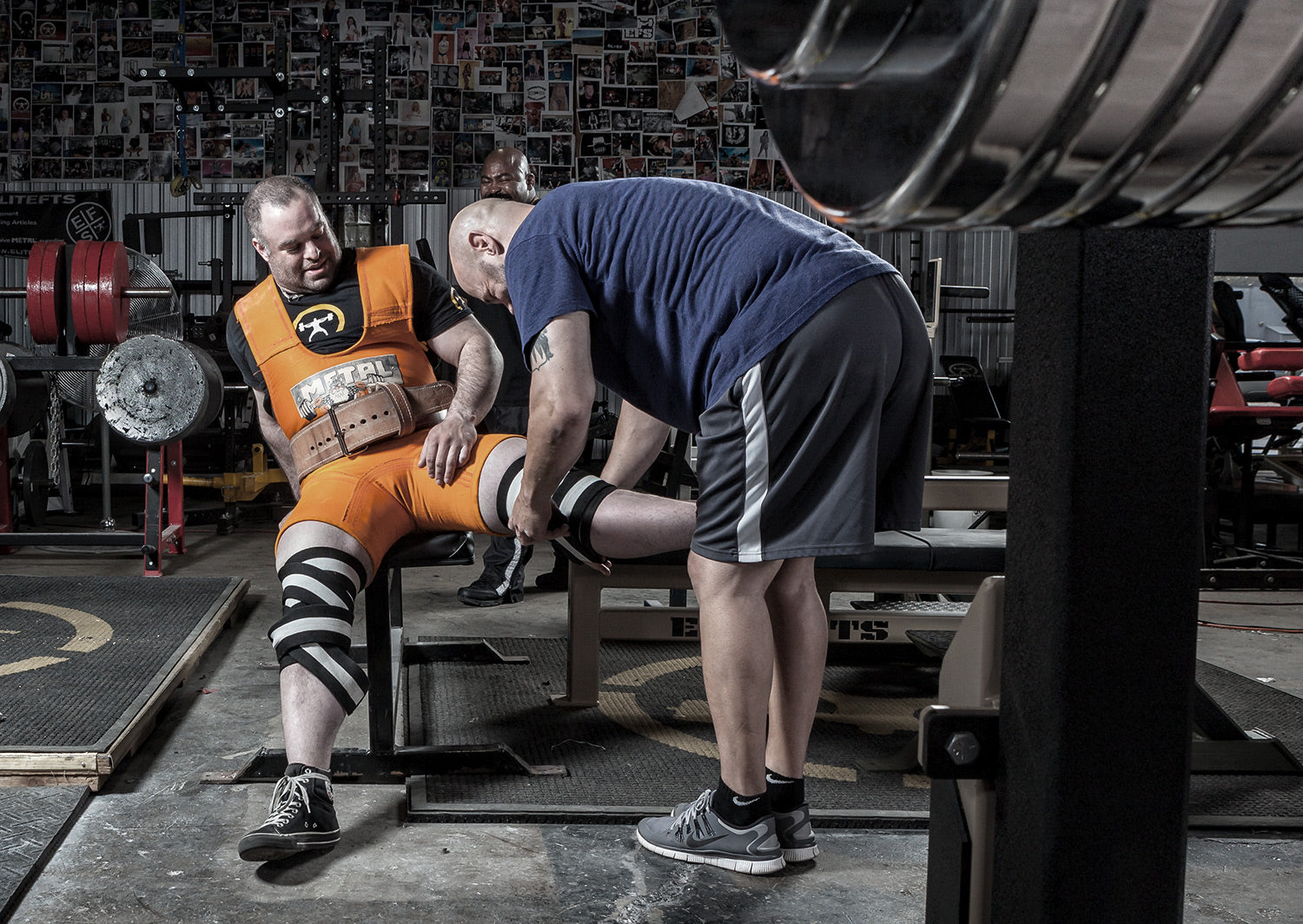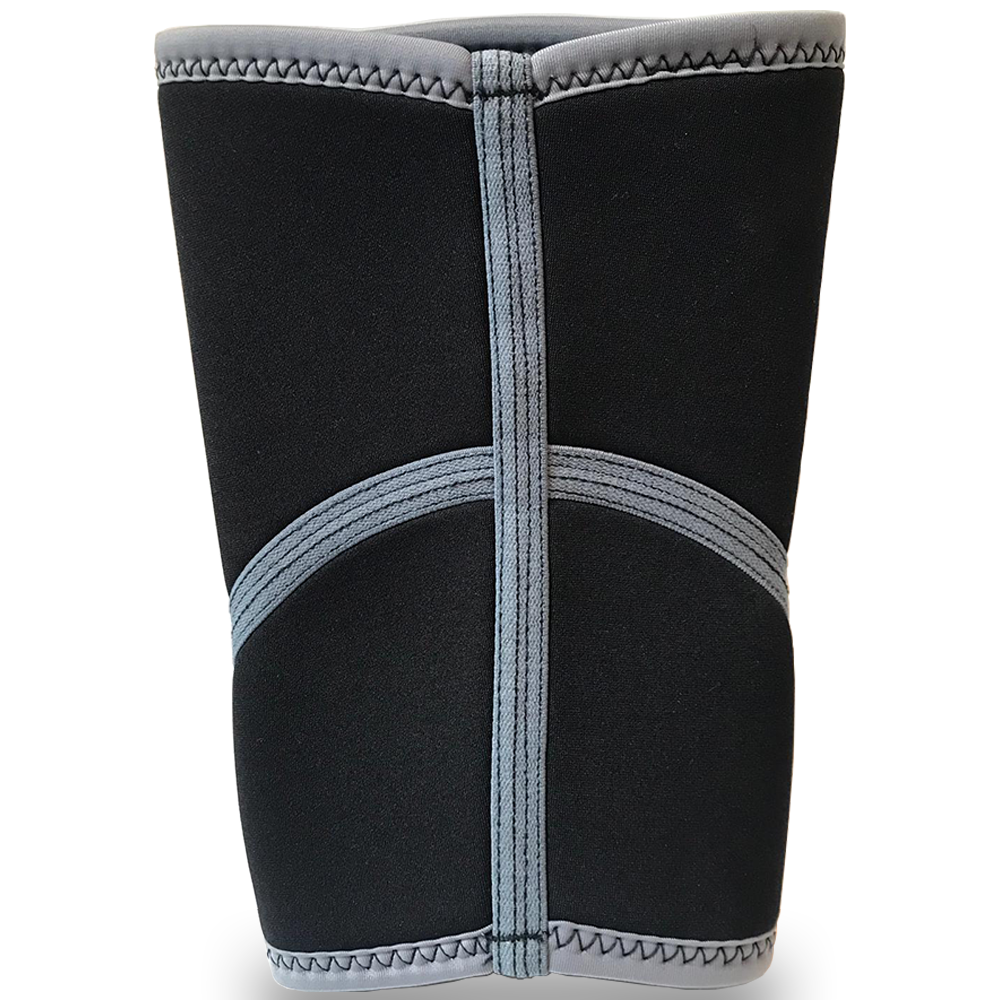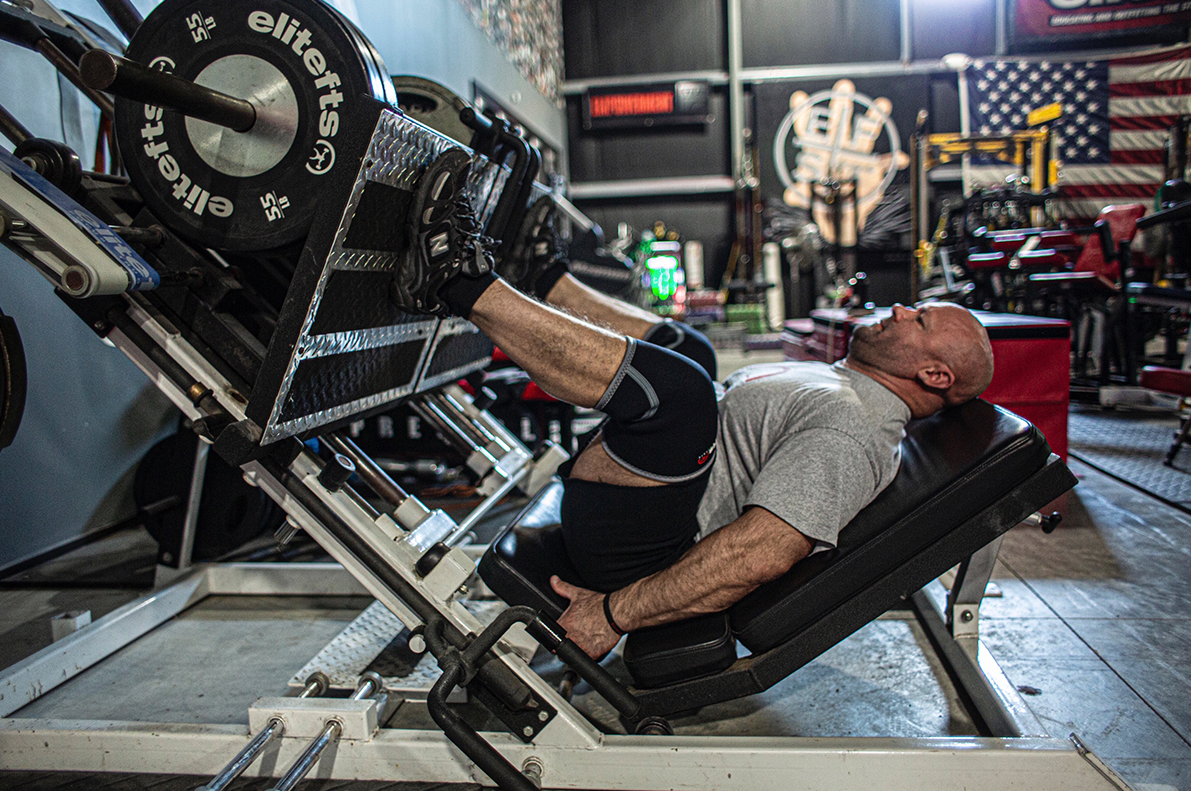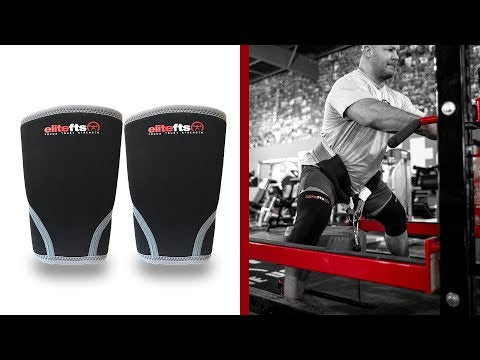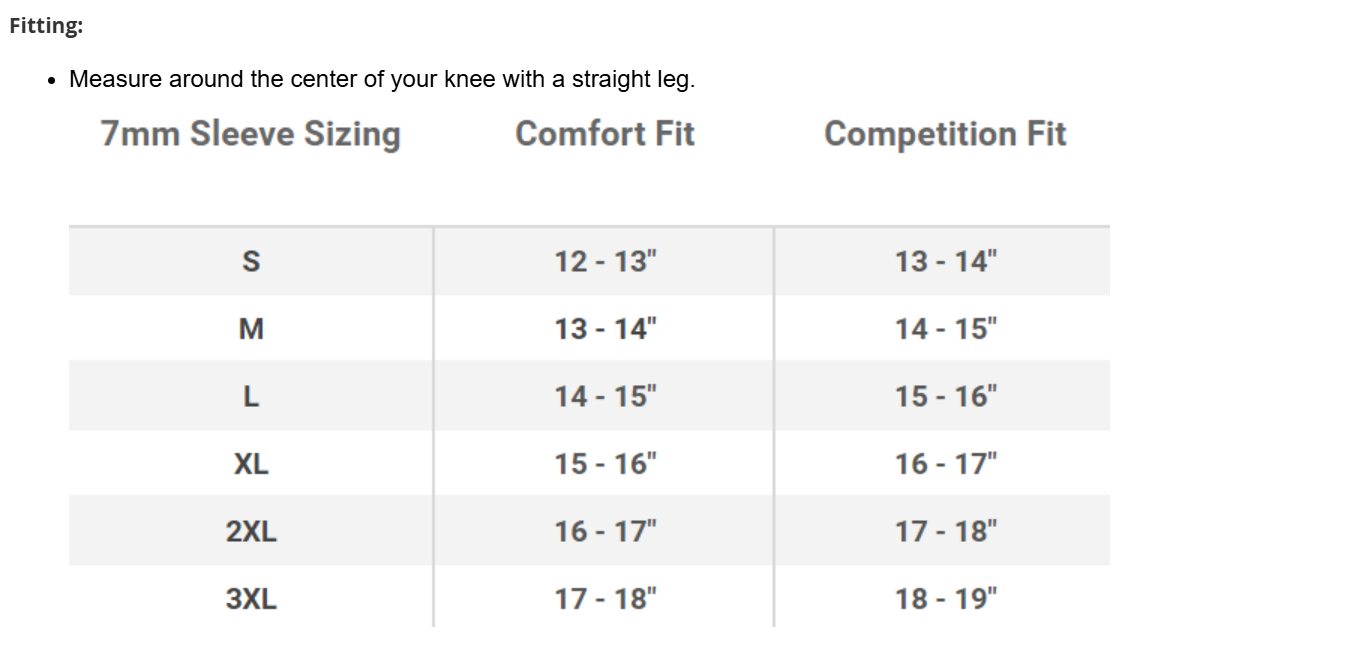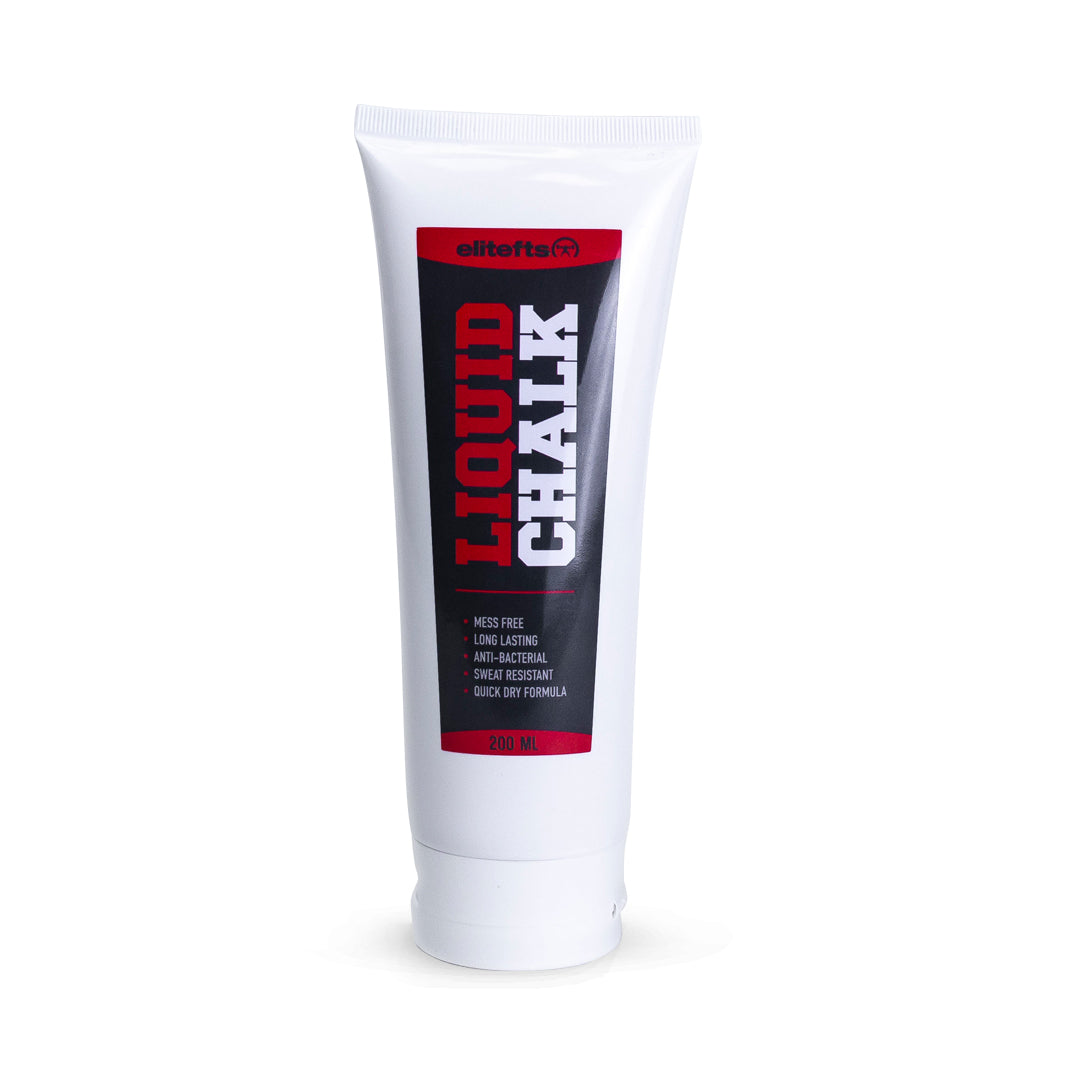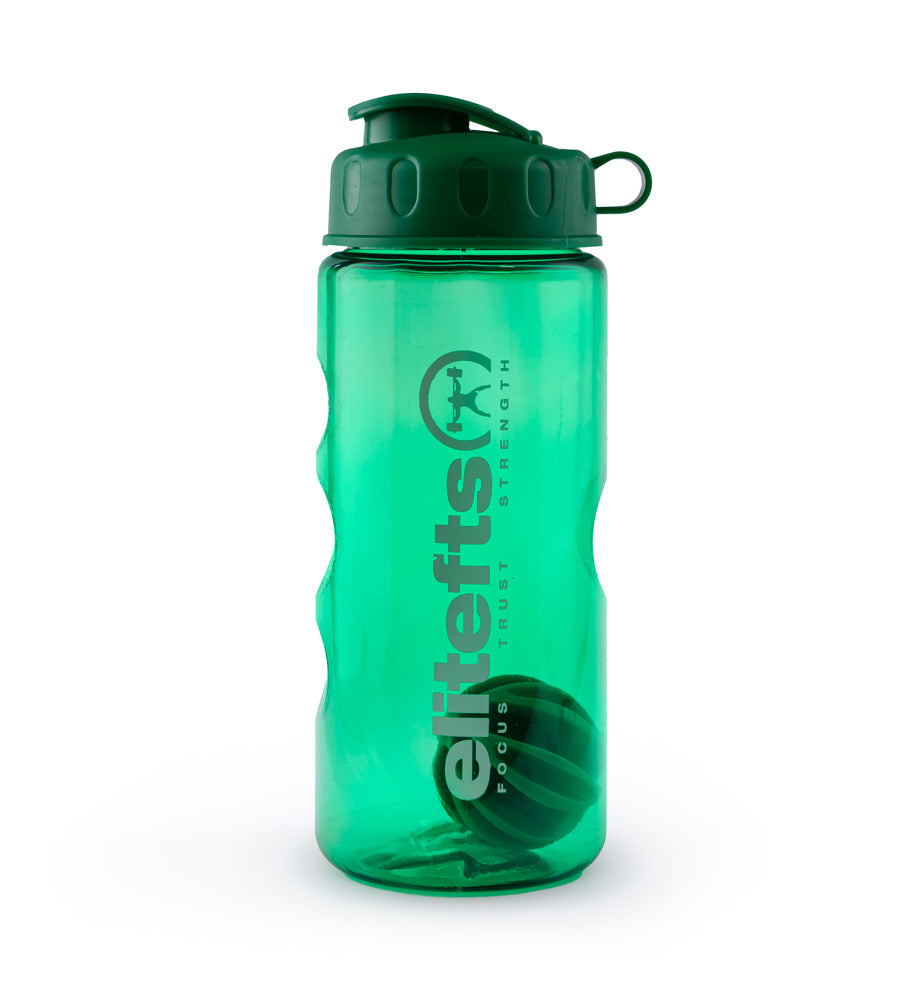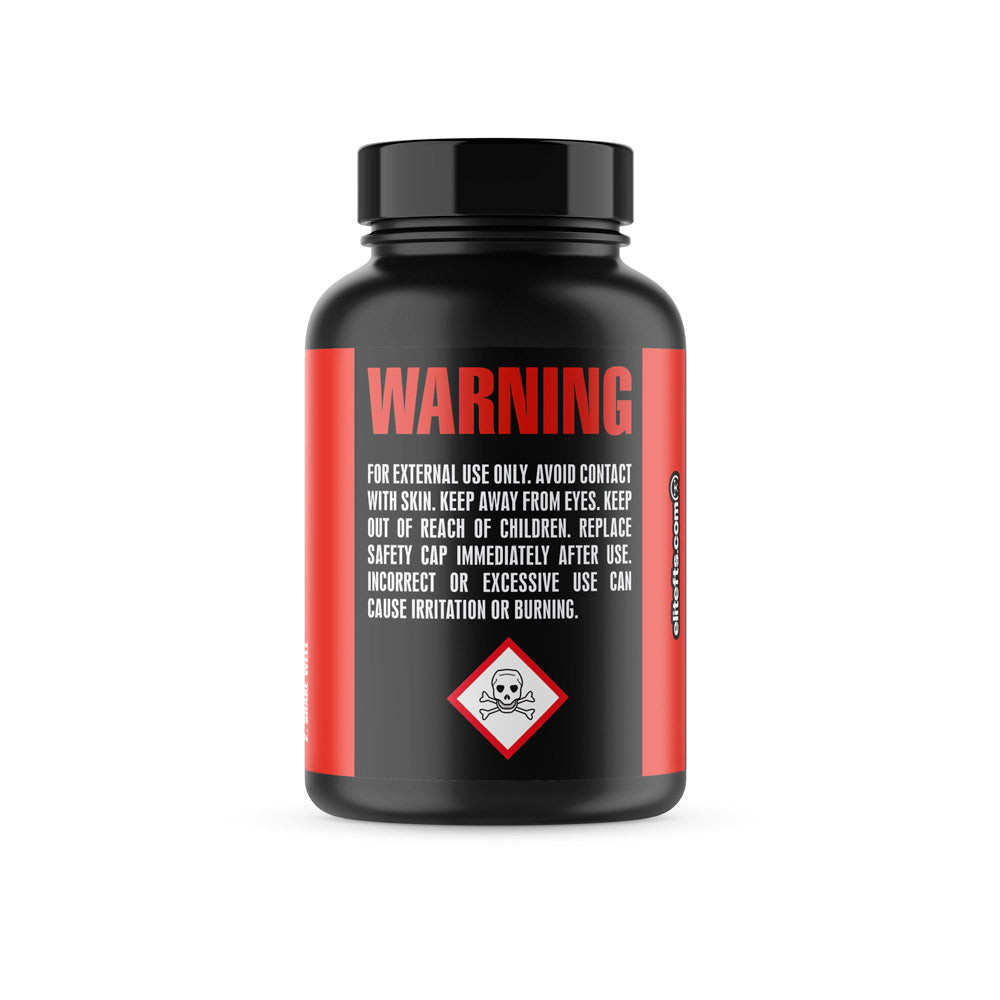In Part 1 of this series, I wrote about how I enjoyed the documentary Westside Vs. The World and went on to write about my respect for Louie and Westside Barbell. I talked about loving the extreme intensity of this sport and pushing my own limits. This was the world I lived in for so many years, although I think we could have done it better.
The point I want to make is that I have seen it, done it, and been through it. I climbed to the top of Mt. Everest and I’m lucky enough I survived to come back down. I live for the sport of powerlifting, and that is why I am still around it. I never stopped training even when I had to back way off to get myself better.
RECENT: Chad vs. The World: An Old Soul
Ah, to see what the human body can do if we get it right.
My goals are less about my own numbers these days. Instead, they are more about teaching lifters to be able to keep pushing the boundaries of what we think is possible while maintaining the best physical and mental health they can.
To this day, I continue to learn and look to my past for the things I did wrong as well as the things I did well. This is a very difficult thing for it forces me to understand the pain I have caused and the things I missed. It is difficult to recognize and admit that I caused stress and pain in the lives of people I care about. It is difficult to realize how the things I missed under the pretense of sacrifice affected the people I love.
I am antisocial and was able to hide many things, but at the same time, everyone knew something was not right. Few people knew about my suicidal stuff until I wrote about it afterward, but still, they saw the ups and downs. It's hard to miss when someone refuses to speak for fear they would burst out in tears. They saw how I could be amped and happy or depressed as all hell.
When I began writing about my issues, I really had to deal with people knowing the full extent of it. Talking with my mom after I found out she read some of this stuff was one of the most difficult things I have done in my life. I thought about all the time I missed with my nieces and nephews because I was so exhausted or depressed.
This was my fault because I let my sleep get so out of hand from overtraining. I had to think about all the relationships I messed up because I was exhausted or depressed and my thought patterns were just not right at all. It would be so easy to just write this stuff off saying and believe that it is what I had to do to make it to the top. It is tough to look back with a clear open mind to see from a different perspective. It is with a clear open mind that I was able to see I did it wrong and to understand so many other lifters took the same path or are taking the same path.
It was seriously difficult to forgive myself, but I did the best I could have at the time. I thought it was what I had to do. In the end, it was my choice to do it all this way, and the only thing I can do is learn from it while moving forward. It took my hardheaded mind going through this in order to come to the understanding of strength I now have. I also think I am a better person for having gone through it. I now want to share this with other lifters so they hopefully can understand without going through what I did.
I kept pondering the concept of dedication as I watched this documentary. Is dedication simply doing something hard and sacrificing? I think dedication is working hard but in an intelligent calculated way that leads us towards a goal. I think it is sacrificing in the right areas in order to reach that goal. To me, there seems to be a disconnect when it comes to the ideals of dedication in the lifting world. Just because you’re working hard does not mean you’re dedicated. Just because you’re sacrificing does not mean you’re dedicated.
Lots of lifters bust their asses in the gym but all they do is train hard. They do not train their technique or pay attention to their nutrition. They do not focus on sleep and recovery. They do not work on flexibility or mobility. They may even spend a lot of money on supplements and steroids but will not spend a dime going to a seminar or get a coach to actually learn something about strength.
RELATED: A Rising Tide Lifts All Boats
These are the lifters who will miss family functions and will make the people in their lives less important than training. They halfheartedly listen to top lifters and coaches, thinking they know more. These lifters do not impress me when they talk of dedication. Granted, I can respect their point of view when they admit they just like to train hard in the gym and have no illusions of grandeur to be top-level lifters. There is nothing wrong with lifting just to lift. I can respect the hard work and intensity they put into training but this alone is not dedication to me.
Now, the dedication of the top athletes at Westside is on a whole different level than the lifters I just wrote about. Westside lifters had serious dedication in order to reach the level they did. I know because I knew some of them and because I took the same path: selling motorcycles to get to meets, keeping a job I hated because it worked with my lifting schedules, hounding every local business to raise even the smallest amount of sponsorship money to get to meets, putting seminars on credit cards, not doing hobbies I loved because it might affect training or a meet, and so on. Strength and powerlifting was the main thing in our lives.
Looking back over my career and especially watching this documentary I think there is almost an over dedication. It is as if we get stuck in our goals and we lose the ability to see clearly. We have tunnel vision, and the only clear thing is that goal. As we get stronger and learn to get more out of our bodies, our training must change. At the same time, we are getting closer and closer to our goals. Even worse is when we have already achieved them, but it’s not enough for us, so we create bigger goals. We get caught in this trap in our minds. The closer we get to our goals, the harder we want to work and the more we want to put in.
In reality, the stronger we become, the more recovery our bodies need. It then becomes even more important that we have things outside the sport to lean on and keep us occupied. The thing is, we love training and we love pushing ourselves in the gym. Is it really dedication to do something you love? What about when that thing you’re doing and love is what helps you deal or hide from other things in your life like a crutch — is that dedication?
I completely admit that pushing myself past limits is something I am good at and I take pride that most people cannot push to the level I can. I will even admit at one time training every day is how I dealt with my anger and what kept me from punching 10 people in the face daily. Training crazy hard is easy for me, but training lighter or less often is the most difficult thing I have ever done for strength. Taking in enough calories is difficult for me. Eating healthy is somewhat difficult for me. Stretching and mobility work is difficult for me because it is boring. Recovery and GPP session bore me out of my skull. Giving up hobbies I love to not affect my training is difficult. Doing the things you hate and loath for your goal is dedication.
In the final part of Chad vs. The World, I try to tie all these different thoughts about Westside Vs. The World together. I will go into more detail about what I think we all did wrong and what I know I did wrong.
If you or a loved one needs help, reach out to these resources. All hotlines listed below are available 24/7 and are confidential unless otherwise noted. In case of an emergency, call your local authorities.
- The National Suicide Prevention Lifeline (U.S.): 1-800-273-8255
- Crisis Text Line (U.S.): Text "START" to 741741
-
National Domestic Violence Hotline (US): 1-800-799-7233 - Veterans Crisis Line (U.S.): 1-800-273-8255, press 1
- Rape, Abuse and Incest National Network/RAINN (U.S.): 1-800-656-4673
-
The Trevor Project (U.S. crisis intervention for LGBTQ+ youth): 1-866-488-7386, text "START" to 678678, or instant message a counselor at
thetrevorproject.org/get-help-now -
TWLOHA (U.S.): Text "TWLOHA" to 741741 - Free online chat-counseling and therapy from trained volunteers (international):
7cups.com - International lists of suicide hotlines and resources:
suicide.org/international-suicide-hotlines.html and
twloha.com/find-help/international-resources
Part 1: An Old Soul
Part 3: Redefining Dedication










